Roundup and diesel are two potent chemicals that can kill weeds. But can you mix them to perform even better? Here is what we learned after researching this topic.
You can mix Roundup with diesel. However, you need to exercise extreme caution when you mix them. You should be very careful when you handle these types of chemicals. Additionally, there are restrictions on using diesel to kill weeds in some locales.
In the following sections, we will discuss the steps in mixing the Roundup with diesel fuel and how much volume should be in the mixture. Additionally, we'll tackle the benefits of doing so and the dangers of using these products.
We'll also cover some safety considerations you should take when handling these two. Furthermore, we'll share some environmentally-friendly alternatives you can use to kill weeds. Keep reading!
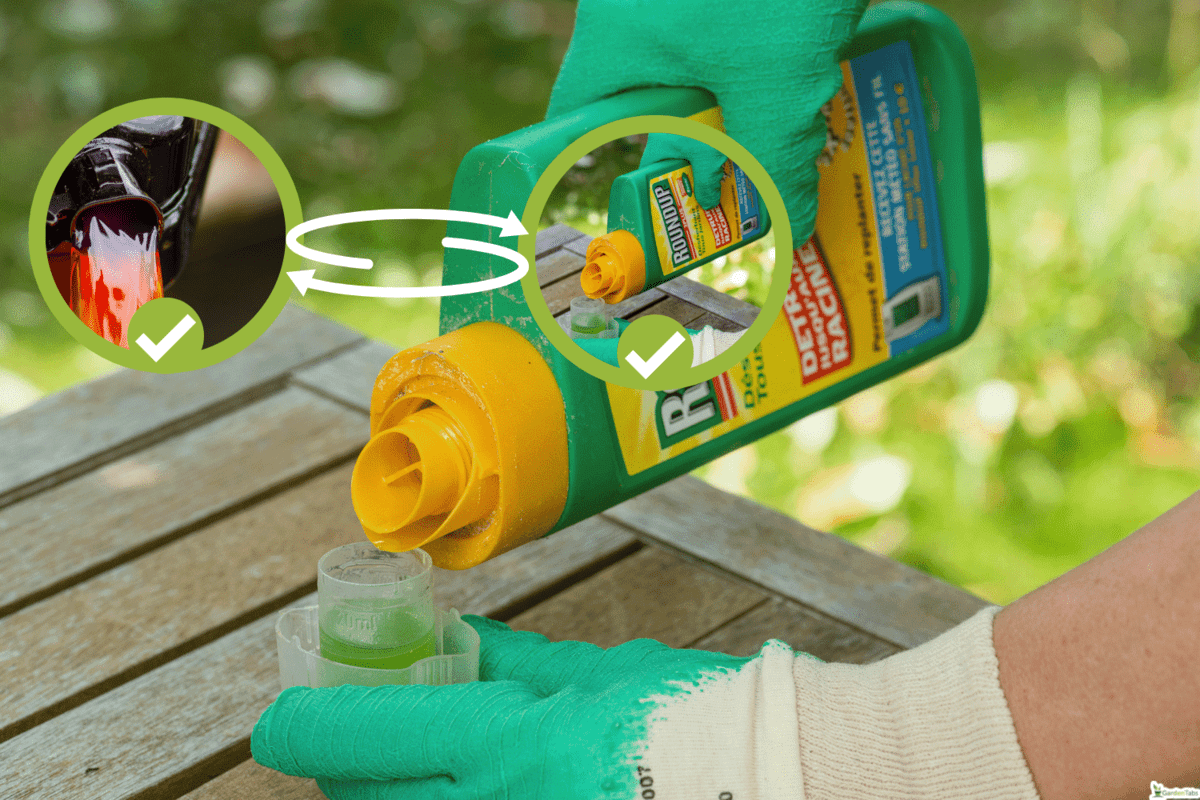
How Much Roundup Should You Add To Diesel?
A 1:1 Roundup-to-diesel ratio is enough to kill the majority of weeds in your yard. However, if you have particularly tough weeds, you can amp up the concentration up to a 10:1 Roundup-to-diesel ratio.
Roundup works well as an adjuvant when used with a tiny amount of diesel fuel. One gallon of this mixture per 100 gallons of spray is enough.
The ecosystem will be more harmed by diesel than by roundup, although the environment can tolerate petrochemicals in modest doses.
How To Mix Roundup With Diesel
Mixing Roundup with diesel is easy. First, add the desired volume of Roundup to the container. Next, fill the container with the same amount of diesel fuel. Remember, this should be a one-part to one-part mixture.
After that, thoroughly stir the mixture to combine the products. Finally, apply the combination similarly to normal Roundup.
How Fast Can A Roundup And Diesel Mixture Kill Weeds?
The combination will begin to work right away. Roundup tackles weeds immediately, and diesel acts slightly slower to eliminate lingering weeds. This treatment will eradicate the weeds from your lawn in just a few days.
If you don't see the results you'd anticipated, you can reapply in several weeks. Make a stronger concentration for tough weed elimination.
What Are The Advantages Of Mixing Roundup With Diesel?
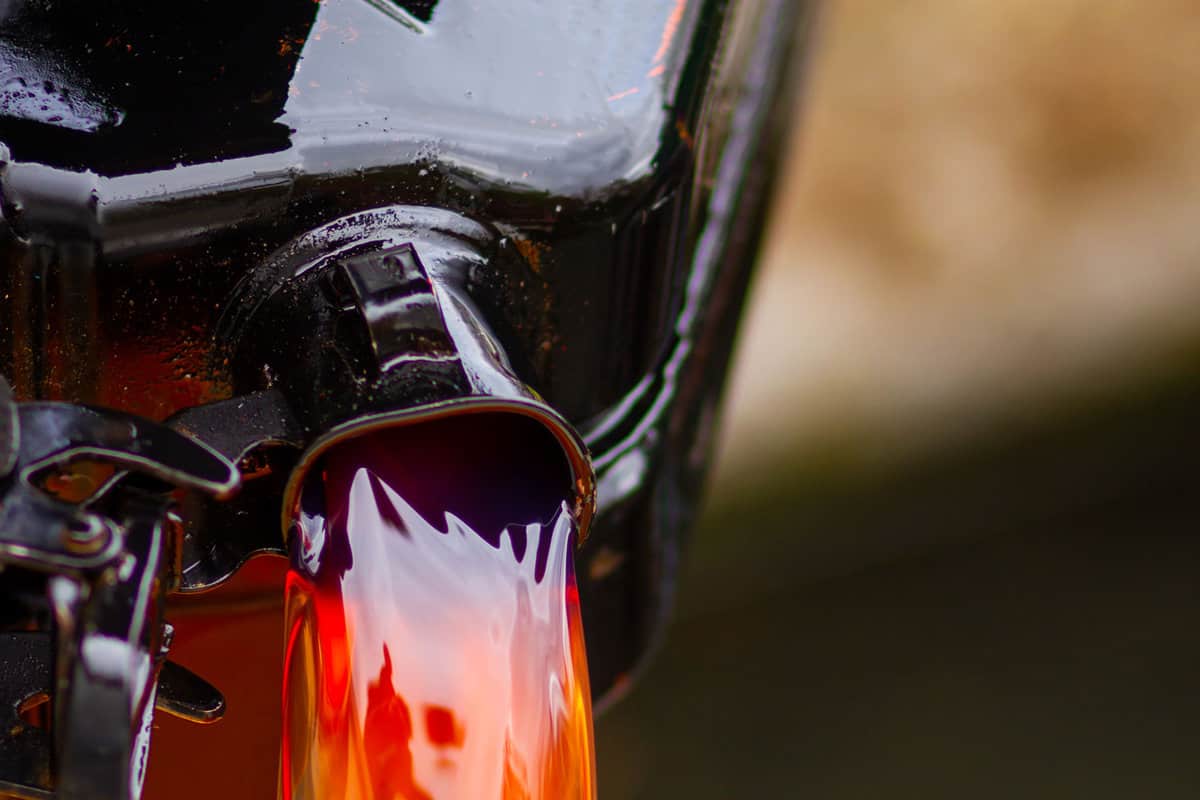
Roundup and diesel fuel work together to produce a weed killer that is quicker-acting, more potent, and more durable than either chemical would if used alone.
Combining roundup with diesel attacks weeds with double the killing power, working together to eliminate tough weeds like thistles and docks. Additionally, this combo prevents weed seeds from sprouting during the upcoming season.
What Are The Dangers Of Mixing Diesel With Roundup?
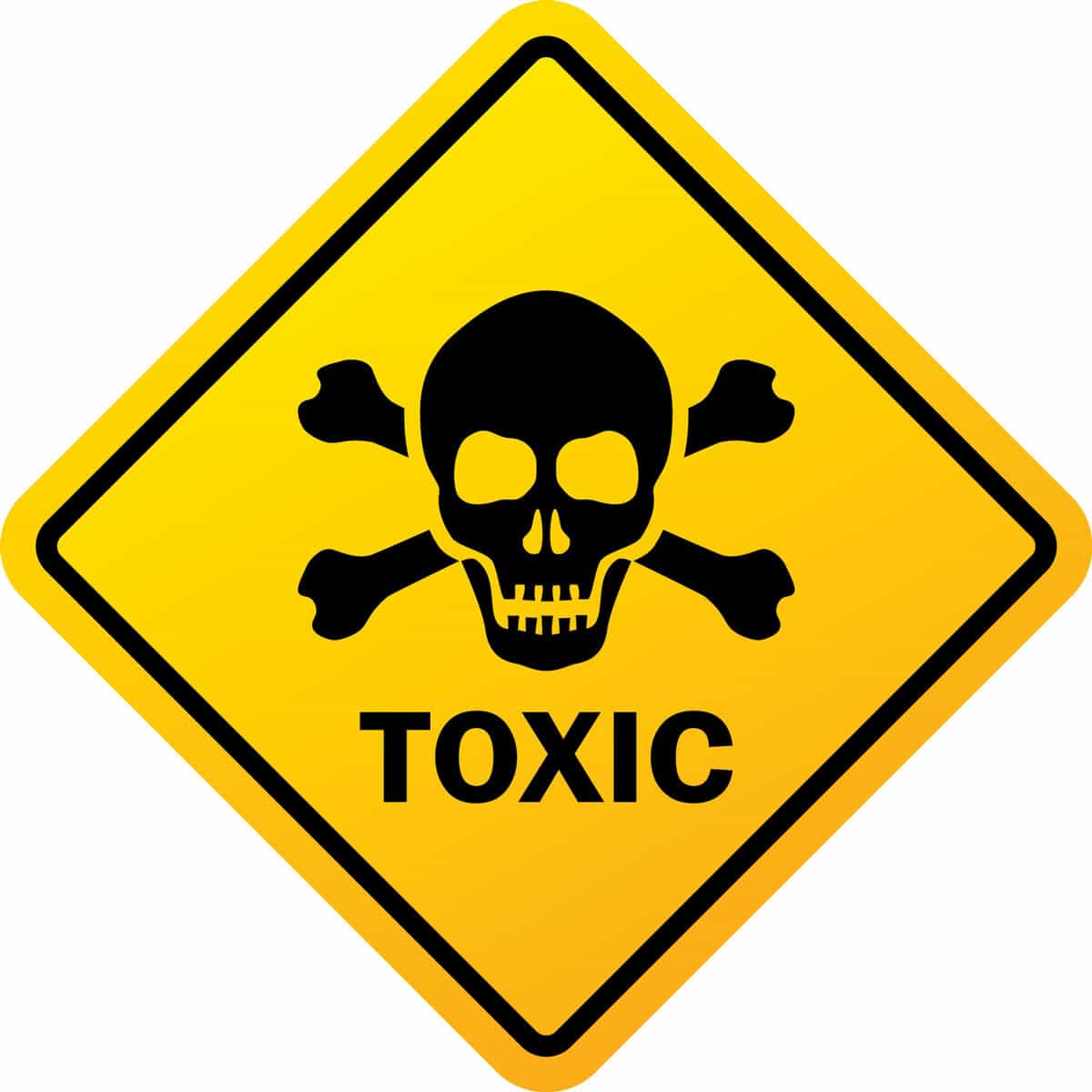
If you're wondering what might be the consequences of mixing diesel with roundup, we will share it with you in this section.
These chemicals are hazardous pollutants. You should always consult local laws before applying, as it is illegal to use diesel fuel as an herbacide in the United States.
Applying this chemical combination can infiltrate the groundwater supply, posing a health hazard to local water sources. Inhalation or ingestion of Roundup or diesel causes health issues such as dizziness and headaches. The herbicide will linger in soil and groundwater for several weeks.
Roundup and diesel will eliminate healthy wanted plants in the vicinity as well. You cannot focus just on killing the weeds. Additionally, both pose health hazards to the animals, insects, and aquatic life in the vicinity. These are not environmentally friendly chemicals.
Why Is It Illegal To Use Diesel To Kill Weeds?
In America and the majority of other nations, it is forbidden to sprinkle or dump diesel on the ground. This also holds true for the weed-killing use of diesel.
Diesel application to weeds is considered illegal toxic waste dumping. You could even go to jail (2 to 15 years) if you are found using diesel gasoline to kill weeds.
Here are some additional reasons why it is illegal to use diesel:
- Diesel fuel is a petroleum substance capable of environmental destruction. It can kill living plants and creatures, and infiltrate the local water supply, posing harm to human health.
- Additionally, diesel is highly flammable.
Safety Tips In Handling Roundup And Diesel Mixture
When handling these types of chemicals, you should always exercise extreme caution. So here are some safety tips to keep you away from harm's way when using this mixture:
Wear Appropriate Personal Protective Equipment

Prevent skin contact by wearing gloves and long sleeves. Additionally, to prevent inhaling the mixture's fumes wear a face mask and eye protection.
In case of contact, wash away the mixture ASAP.
Click here for this product on Amazon!
Plan Ahead Before Spraying The Mixture
Applying the mixture will effectively render the region incapable of supporting development, so avoid using it in locations where you plan to plant soon.
On windy days, avoid applying the mixture because it could drift and come into proximity with unwanted locations. Moreover, applying the mixture in close proximity to water sources will contaminate them.
Avoid Spraying With Kids And Pets Around
You should not allow any kids and pets within the vicinity where the mixture is applied. Diesel inhalation poses a severe health risk.
Properly Label The Mixture Container And Properly Dispose
Avoid putting the combination in containers without clear labels. Any residual mixture should be disposed of under local laws.
What Are Environmentally-Friendly Alternatives You Can Use To Kill Weeds?
There are a few Roundup substitutes available for weed management around your home. For various areas of your yard or garden, you might need to take different solutions into account. However, you must keep in mind that not every option will always be successful.
Mulching
Mulch eliminates and prevents weed growth by blocking sunlight so these plants cannot thrive. You'll need a 2-3 inch layer for results. If you have a difficult-to-treat region or are concerned about harming the environment, this is an excellent solution because you can carefully place mulch atop weeded areas.
Corn Gluten Meal
Although it can be applied as a pre-emergent herbicide to prevent crabgrass in the spring, the amount needed makes it neither cost-effective nor particularly beneficial to the soil.
Click here for this product on Amazon!
Iron-Based Herbicides
The EPA has approved a few iron-based weed killers. Compared to your lawn's grass, broadleaf weeds are more adept at and more highly effective at absorbing iron. After being applied, the iron destroys weeds within hours as it oxidizes.
Vinegar
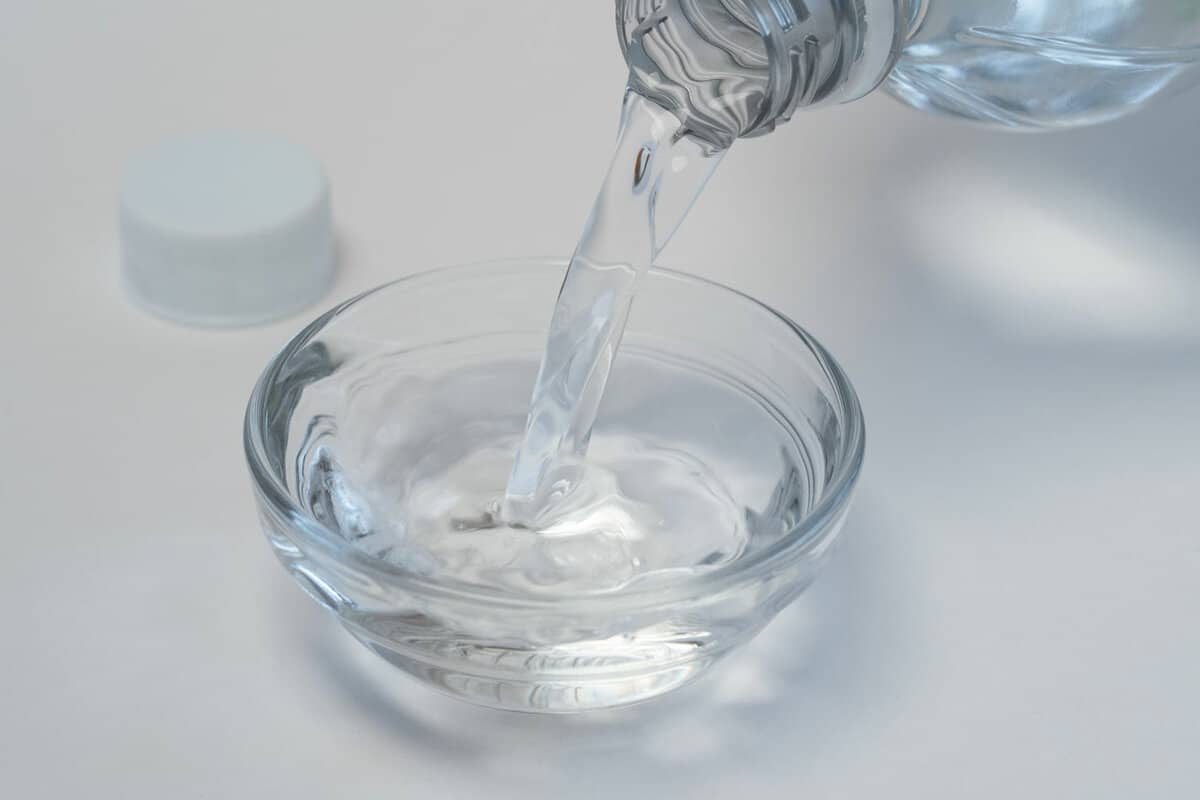
Use white vinegar, which has a high acidity level, for the greatest results. Vinegar is a fantastic natural herbicide and is quite effective.
The most popular homemade brew uses a ratio of 1 gallon vinegar:1 cup salt:1 tbsp soap. The mixture can be made in a variety of ways, but it generally works well as a non-selective weed killer.
As the salt desiccates the plant tissue and the soap helps the combination adhere to the plant, the acetic acid in the vinegar proceeds on rupturing the plant's cells.
You can use this as a pre-emergent weed killer to stop weeds from sprouting in the first place, or you can apply it directly to the weeds you wish to kill.
Selective Herbicides
These products kill only certain plants while protecting others. If you want to avoid the indiscriminate killing method of non-selective herbicides and you want to cultivate on the same land the next season, this is a fantastic solution.
Spot spraying is a targeted method of weed control where selective herbicides are applied just where weeds are present. Although labor-intensive, this method is more accurate and environmentally beneficial.
Dish Soaps
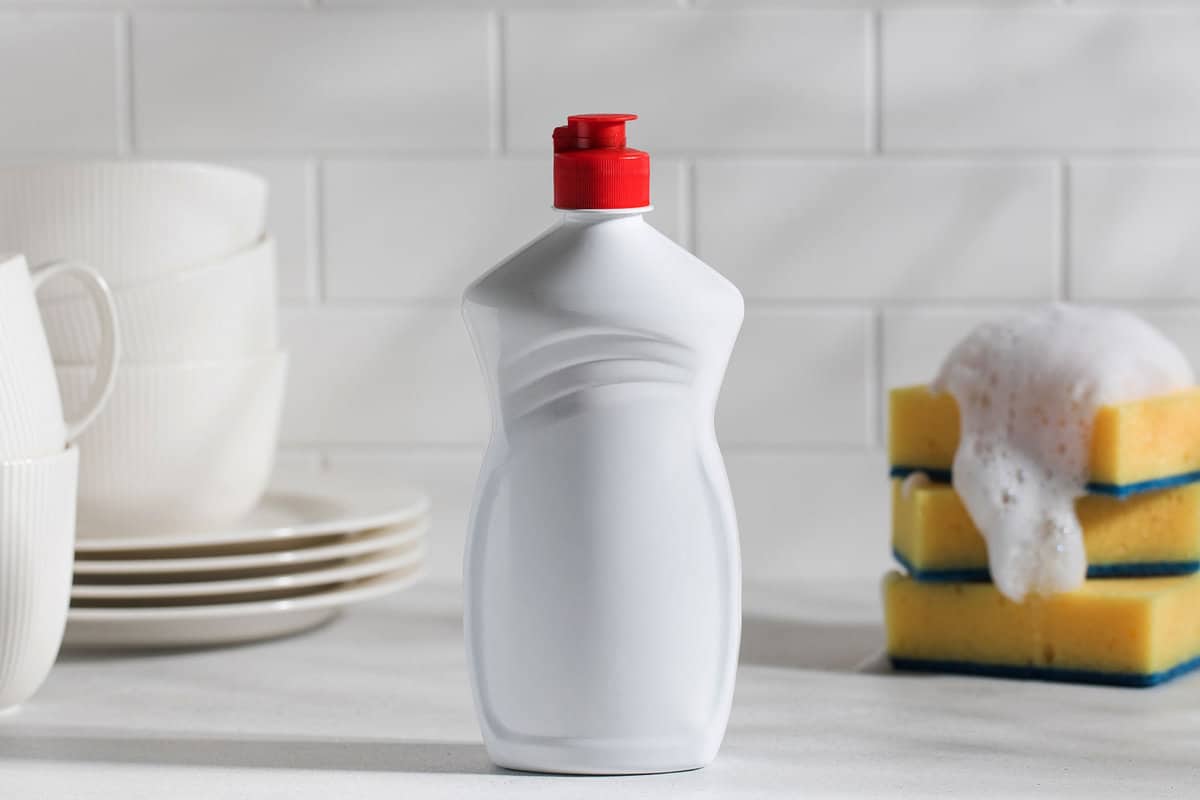
Dish soap in a spray bottle by itself won't kill weeds, but it can be effective when combined with other effective components.
The mixture is more successful when a small amount of soap is added since it works as a surfactant and keeps the vinegar and sea salt on the weeds.
Click here for this product on Amazon!
Table Salt
A typical do-it-yourself weed control method involves the use of salt. The water balance is upset when salt is taken up by plant root systems, which eventually leads to the weed wilting and dying. However, salt by itself is not a very potent weed killer.
Manual Weed Removal

One of the most efficient techniques to remove lawn weeds is a genuinely antiquated method, pulling them out by hand. However, some people may view this as hard labor.
Try pulling weeds manually if you have the time and perseverance to do so. To prevent weeds from coming back, you can remove them with a trowel, hoe, or even your hands. Just be sure to extract the entire root.
Click here for this product on Amazon!
Final Words
If you want a more potent weed killer, you can mix Roundup with diesel. However, there are personal and environmental dangers you need to consider.
Before you decide to mix these two substances, you must first check your local codes regarding the use of diesel as a weed killer since using it is illegal and might put you in jail time if proven guilty.
If you enjoyed this post, you can check out these other related articles:




